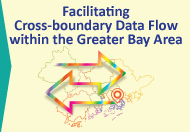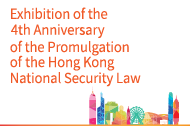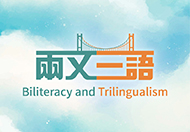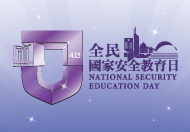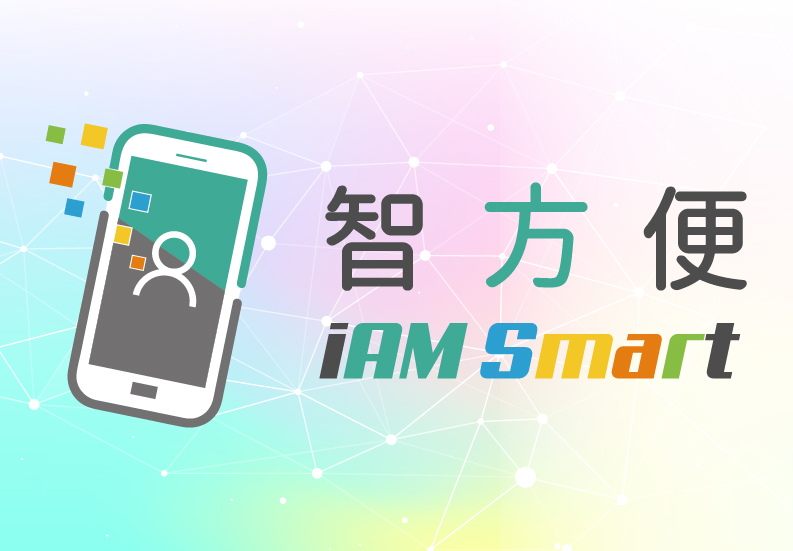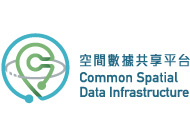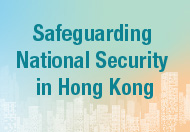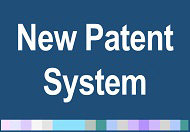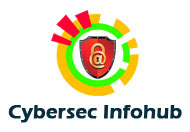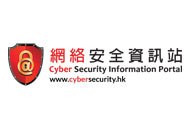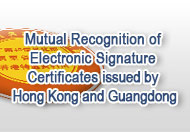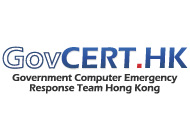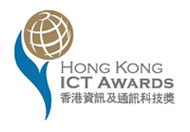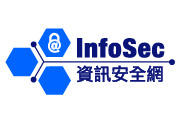Speech by Mr Daniel Cheung, JP, Deputy Commissioner (Digital Infrastructure), at the “World Internet Conference Asia-Pacific Summit - Cybersecurity Workshop” (with photos)
穆副主任(中央政府駐港聯絡辦信息中心副主任), Rocky (Chairman of Hong Kong Cybersecurity Professional Association and CEO of Cyberport), distinguished guests, ladies and gentlemen,
Good afternoon! I am very pleased to participate in the "World Internet Conference Asia-Pacific Summit — Cybersecurity Workshop" today, sharing with you the topic of "AI x Cybersecurity: The Attack and Defense in the Intelligent Era". In this rapidly developing digital age, the application of AI technology is becoming increasingly widespread, but it also brings a series of new challenges and risks.
As technology advances, cyberattack methods are constantly evolving. Traditional protective measures are becoming inadequate to address increasingly complex attack patterns. The rise of AI provides hackers with new tools that are being "weaponised" for more destructive cyberattacks. Through automation and enhancement of traditional attack methods, AI not only increases the efficiency and adaptability of attacks, but also makes them harder to detect. Furthermore, the application of AI has led to the emergence of new attack techniques, further increasing the challenges to ensuring cybersecurity.
But on the other hand, in the field of protection, AI can quickly and accurately identify suspicious activities or potential threats, thereby reducing the risk of successful intrusions. The application of AI technology not only enhances security capabilities but also can effectively minimise potential losses and improve overall operational stability. So, as you can see, AI is a double-edged sword. Organisations must strategically deploy the application of AI and implement it with caution. When selecting and integrating AI technologies, specific business needs and security environments must be considered to ensure their effectiveness and reliability in cybersecurity. Through careful planning and continuous monitoring, we can truly harness the potential of AI to provide strong security assurance for organisations.
In today’s tightly interconnected digital world, cybersecurity is crucial for the operations of governments, businesses, and the sustainable development of society. Professionals with expertise and skills are especially important for combating increasingly complex cyber threats. To address this demand, the Certified Information Security Professional (CISP) training programme was introduced to Hong Kong last November, creating more professional development opportunities for young people and strengthening the IT talent pool for businesses and the nation. Later today, we will present certificates to the first batch of students attaining their certification in Hong Kong. I sincerely congratulate you all on becoming CISPs hoping you can apply your knowledge to actively contribute to cybersecurity, working together to build a secure, trustworthy, and stable digital environment in this intelligent era.
As the digitalisation process accelerates, cybersecurity protection is not only a technical issue but also a shared responsibility of society as a whole. Everyone — individuals, businesses, and the government — should recognise their roles in protecting cybersecurity. Promoting education and training to raise cybersecurity awareness is crucial. Only when everyone possesses basic security knowledge can we form a strong protective network. Additionally, cross-disciplinary collaboration is key to addressing cyber threats. Knowledge sharing across different fields will enhance our resilience and lay a solid foundation for the future digital world. Finally, I look forward to engaging in in-depth discussions with all of you today as we explore the future of AI and cybersecurity together. Thank you!
- ENDS -









